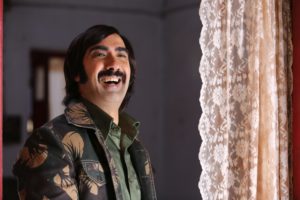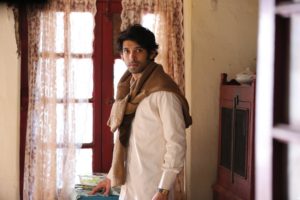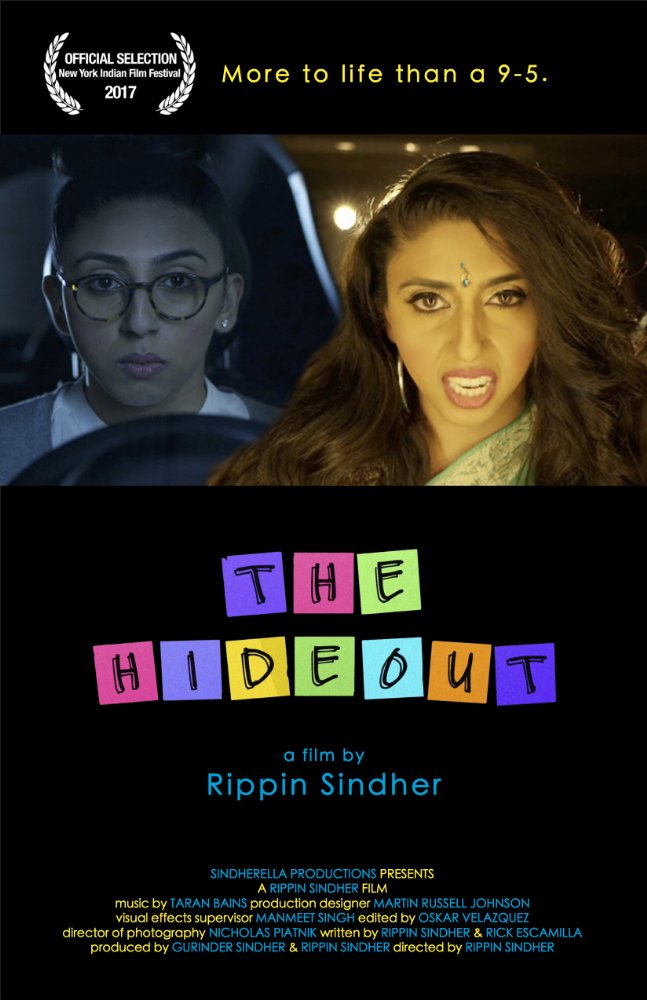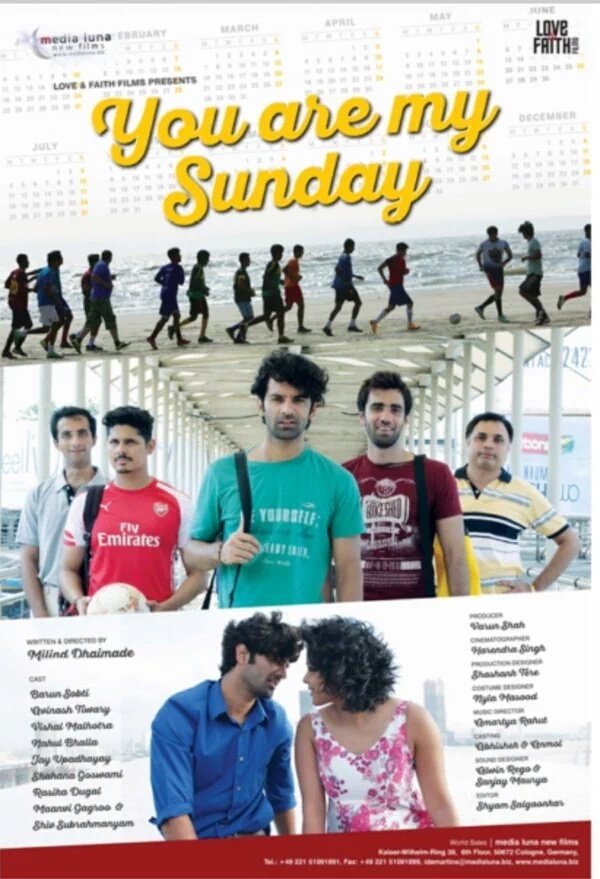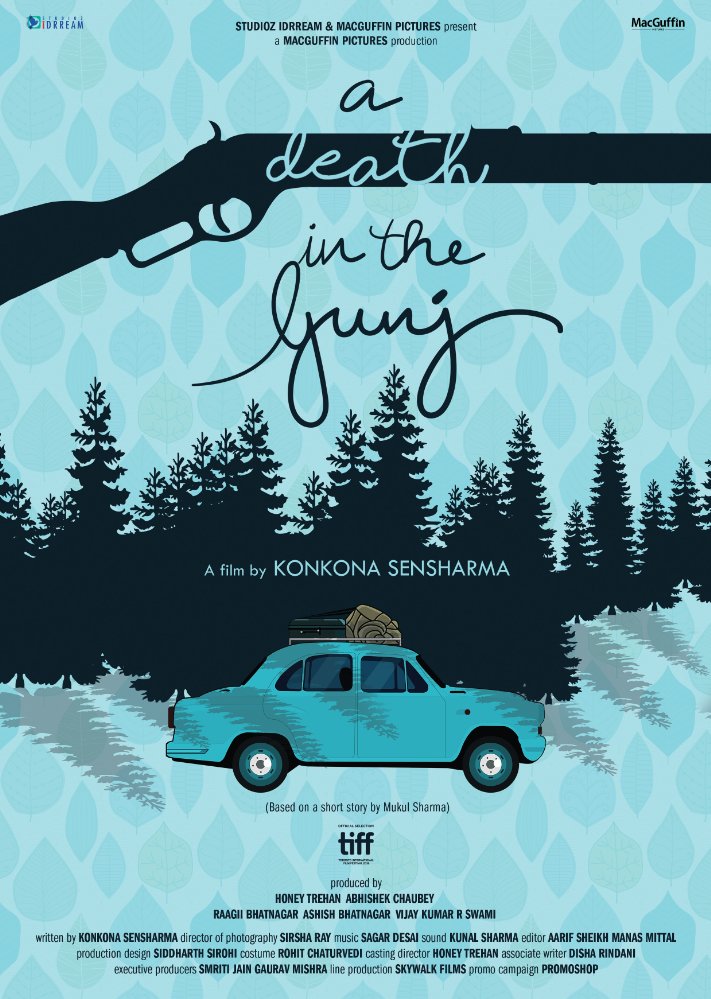
NYIFF 2017 Film Review “A Death In The Gunj”
WATCH THE TRAILER HERE
First, the Recap:
The subtlety of inner turmoil. What is seen on the surface can so often mask what is bubbling underneath, perhaps too well hidden for our own, or anyone else’s, good. It is this slow churning, a mounting upheaval, that can simmer only so long before the pressure becomes too great, and inevitable release comes. In the old small town of McCluskiegunj, the year is 1979, and a group of travelers have arrived to enjoy a much needed holiday. It is a gathering of family and friends, comprised of Nandu (Gulshan Devaiah), his wife Bonnie (Tillotama Shone), their daughter Tani (Arya Sharma), Nandu’s brother Shutu (Vikrant Massey), plus Brian (Jim Sarbh), Vikram (Ranvir Shorey), and Mimi (Kalki Koechlin), enjoying the hospitality of Nandu and Shutu’s grandparents O.P. and Anupama Bakshi (Om Puri and Tanuja).
As the week-long excursion commences, it becomes blatantly clear that for all the happiness and camaraderie displayed amongst them, there is the baggage of past hurts, unsettled desires, and undisclosed truths, all of which seem to overtly affect Shutu in particular. Having his own secret to keep under wraps, Shutu’s overall innocent attitude and childlike manner attracts bullying and teasing from Vikram, a protective, concerned, yet somehow distant regard from Nandu, and the unanticipated new discoveries about attraction and intimacy from the uninhibited Mimi. Ultimately, Shutu finds total solace in Tani, whom he actually relates to best. However, as his state of being gets more and more exposed to experiences he both desires yet fears to further explore, Shutu’s emotional isolation reaches a breaking point.
Next, my Mind:
Based on true events from a short story by Mukal Sharma, the directorial debut from established actress Konkona Sen Sharma is a highly visceral, character-driven drama with a slow burn execution that hurtles the viewer into the ever-volatile and tangled web of human emotions and interactions. Showcasing both the jovial and damaging influence we have on each other, plus the subsequent reactions and ramifications that follow, the film clearly illustrates how violence is not only a physical act, but a mental one as well. Every character here enters this time with their own sense of internal strife, and watching it unfold is both engaging yet deeply heartbreaking, as we can tell there’s primarily love for each other within them all, as family and true friendship should dictate. Here, events focus on Shutu, whose integrity, morality, and purity get challenged in ways both harsh and joyous, culminating in overload, uncertainty, and tragic consequence.
An accomplished ensemble cast takes center stage here, each providing their own unique contribution to the narrative with exceptional skill. Massey’s Shutu is such a wonderful yet painfully stirring portrait of a young man whose battling a recent failure and simply looking to escape for a spell to find some peace. Watching as his already disrupted world gets even more intensely unraveled is deftly played by Massey, who navigates the character’s shyness, naiveté, newfound feelings, loss of virtue, and crippling inward solitude with a decidedly poignant performance. Koechlin’s seductive girl-next-door Mimi adds a vitally important element to the proceedings, being quite the catalyst of often heated disorder via her unrestrained, often wanton, demeanor and actions, both towards an already married Vikram, then towards the vulnerable, inexperienced Shutu. Yet, one can tell it’s Mimi’s own way of dealing with personal issues, well played by Koechlin.
Shorey’s Vikram is a true study in the quintessential bad boy/bully, a man who honestly refuses to grow up, follows his baser instincts, and shows little regard for how his words and actions effect those around him, especially Shutu, which serves as a key point in the story’s path here, enacted perfectly by Shorey. Devaiah’s Nandu is the typical family man who only wants what’s best for his wife and child, while still enjoying some relaxation and letting loose with family and friends. His concern for his brother Shutu is palpable, but also carries a frustration with it as well, desiring to see his brother claim better responsibility and perhaps even masculinity in his life. Shone’s Bonnie is both understated and acutely spirited, presenting a doting mother, devoted wife, and someone who’s very much aware that everything happening over the course of the week is not completely right, willing to call it out when needed.
Sarbh’s Brian is almost the odd man out, a peripheral character who comes and goes in various moments, but yet demonstrates a loyalty to his compatriots that very much touches the heart. It’s the picture of friendship he brings, and Sarbh encapsulates this well. The legendary, and very sadly the late, Om Puri excels in every scene he’s in as O.P. Bakshi, bringing that commanding presence and humorous delivery we all came to expect from the superb veteran actor. Tanuja’s Anupama is likewise a dominant force, embattled as she watches everything coming apart around her household, desperate to see things equalize, confounded by the nature of people around her. In total, “A Death In The Gunj” is earnest and brilliant in its presentation, persuasive, captivating, and weighty in it’s themes, and a strong independent film debut from Sen Sharma, who this reviewer hopes will continue her directing endeavors.
As always, this is all for your consideration and comment. Until next time, thank you for reading!

